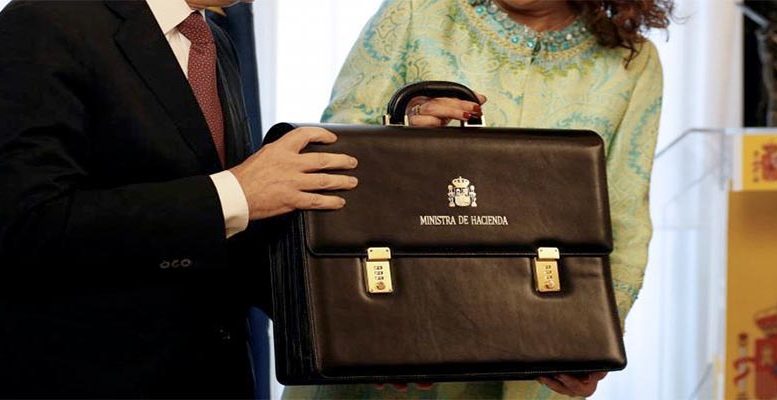The Spanish state has collected 54.749 billion euros up to March, almost 10 billion more than in the same period last year. This is despite the fact that GDP then grew by 2.2% compared to the previous quarter, while this year it has barely grown by three tenths of a percentage point.
The historic rise in inflation is filling the public coffers thanks to the fact that tax revenues in the first quarter have soared to record highs, after growing by 20%. An increase that has been mainly concentrated in VAT, despite the reduction in the rate applicable to electricity bills in force since the end of 2021. As well as in personal income tax due to the progressive increase in salaries to compensate for the rise in prices. Even more so after the Treasury’s controversial decision not to deflate – update with inflation – either the rates, or the personal minimum, or the work expenses deductible in this tax in such an inflationary context. This explains why income from this source has increased in the last few years.
This extra margin is being used by the government to finance measures to mitigate the impact of the war crisis on the Spanish economy. These include fuel subsidies, the extension of the electricity tax cut, the increase in the minimum vital tax and aid to the sectors most affected by the Russian invasion of Ukraine. But also, of course, to increase bureaucratic and unproductive spending.
With the economy slowing down due to the collapse of consumption, as the government has had to accept in its new forecasts, and the loss of steam in employment, it would seem urgent to moderate the growing fiscal pressure on families and businesses due to inflation.





